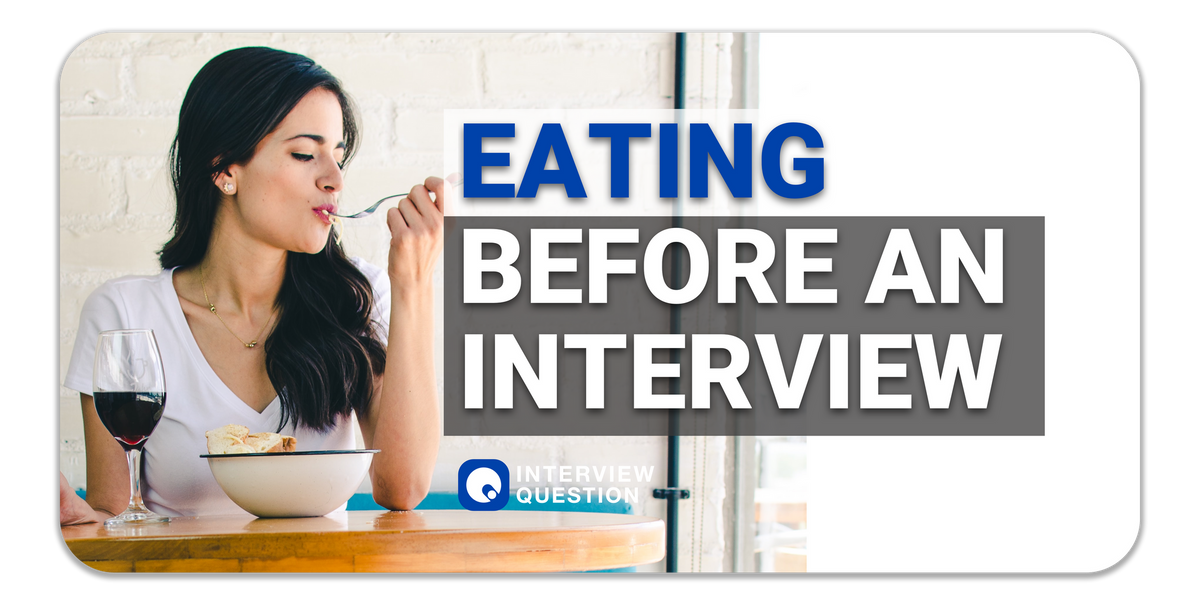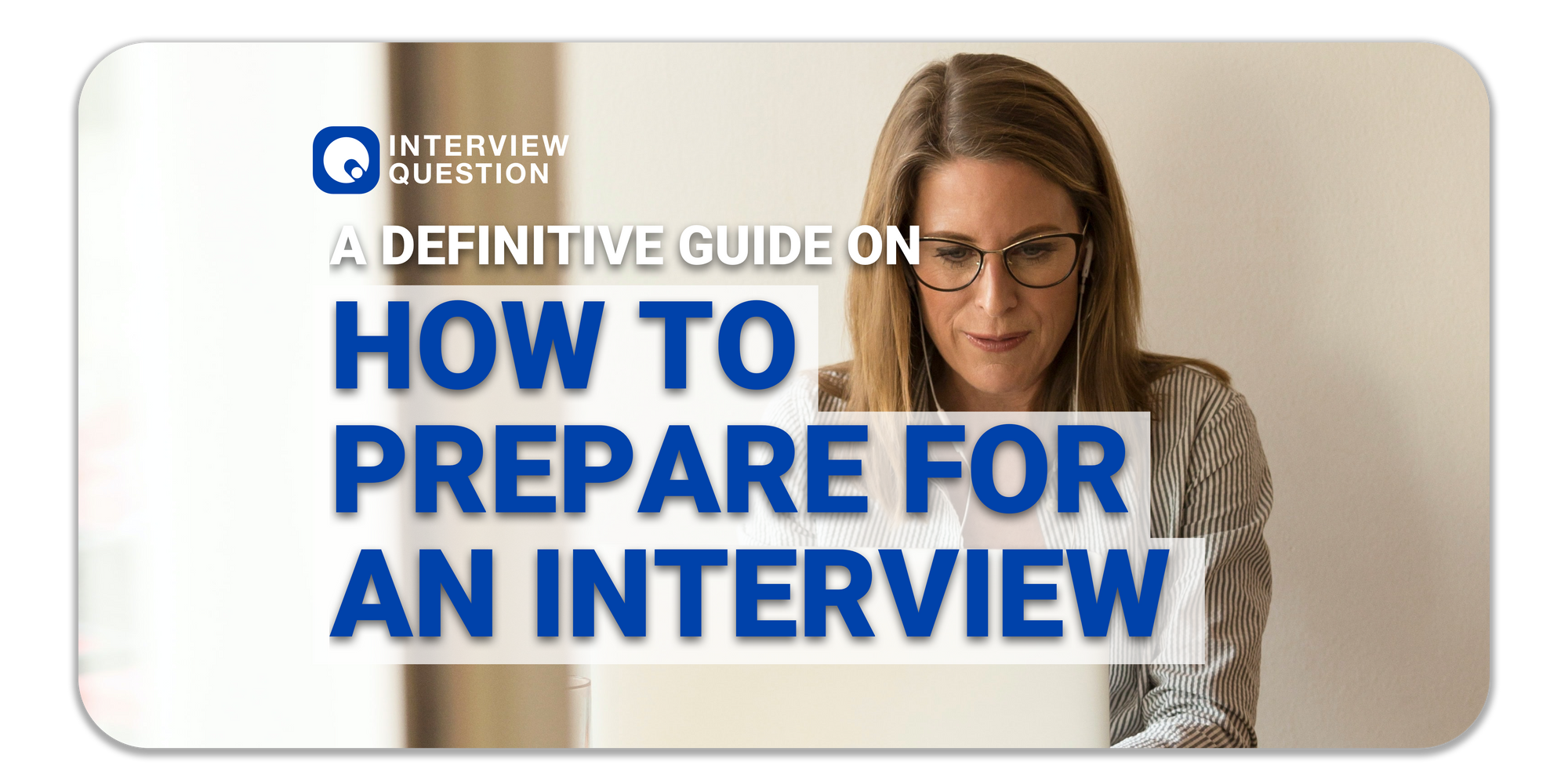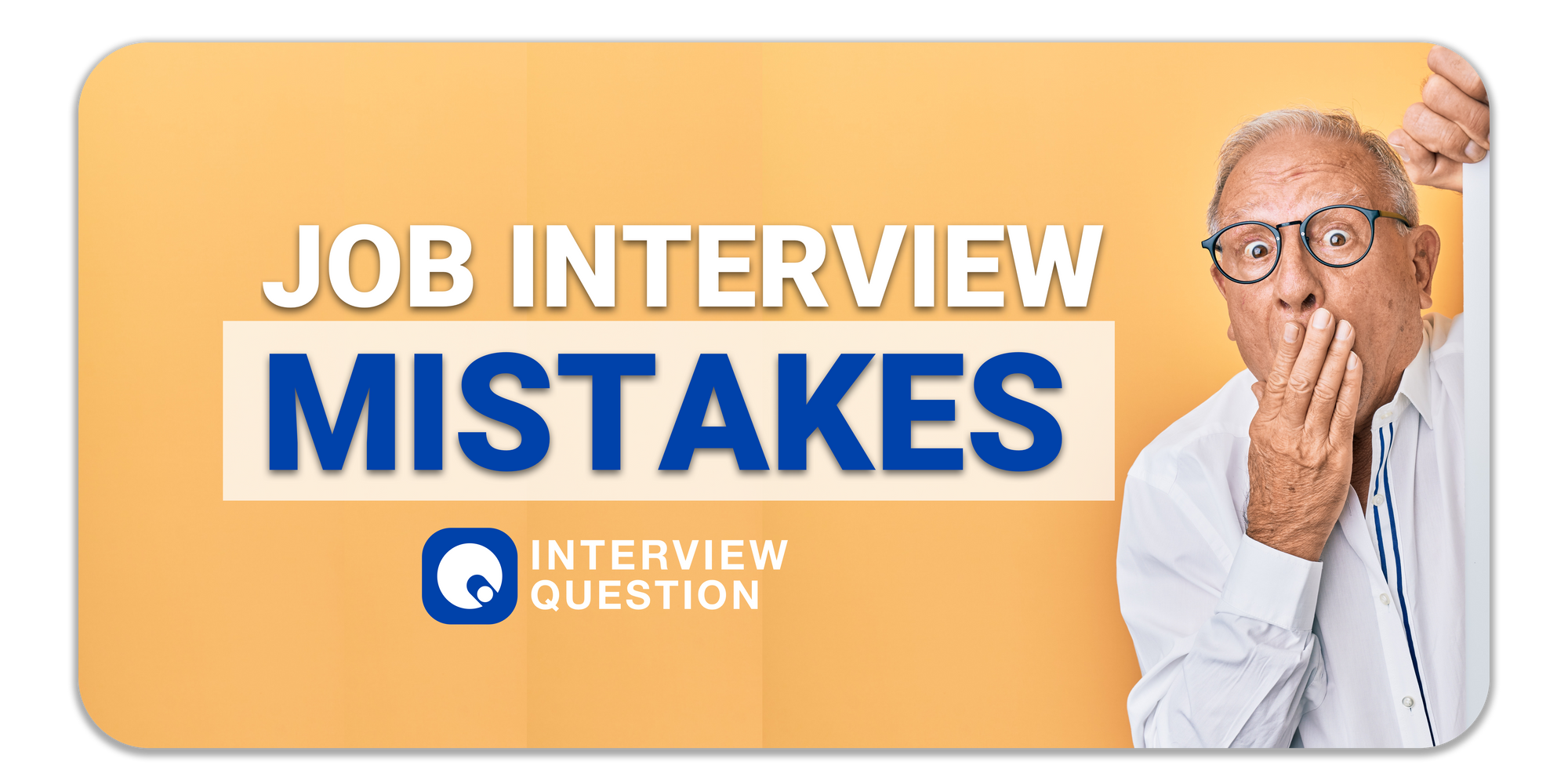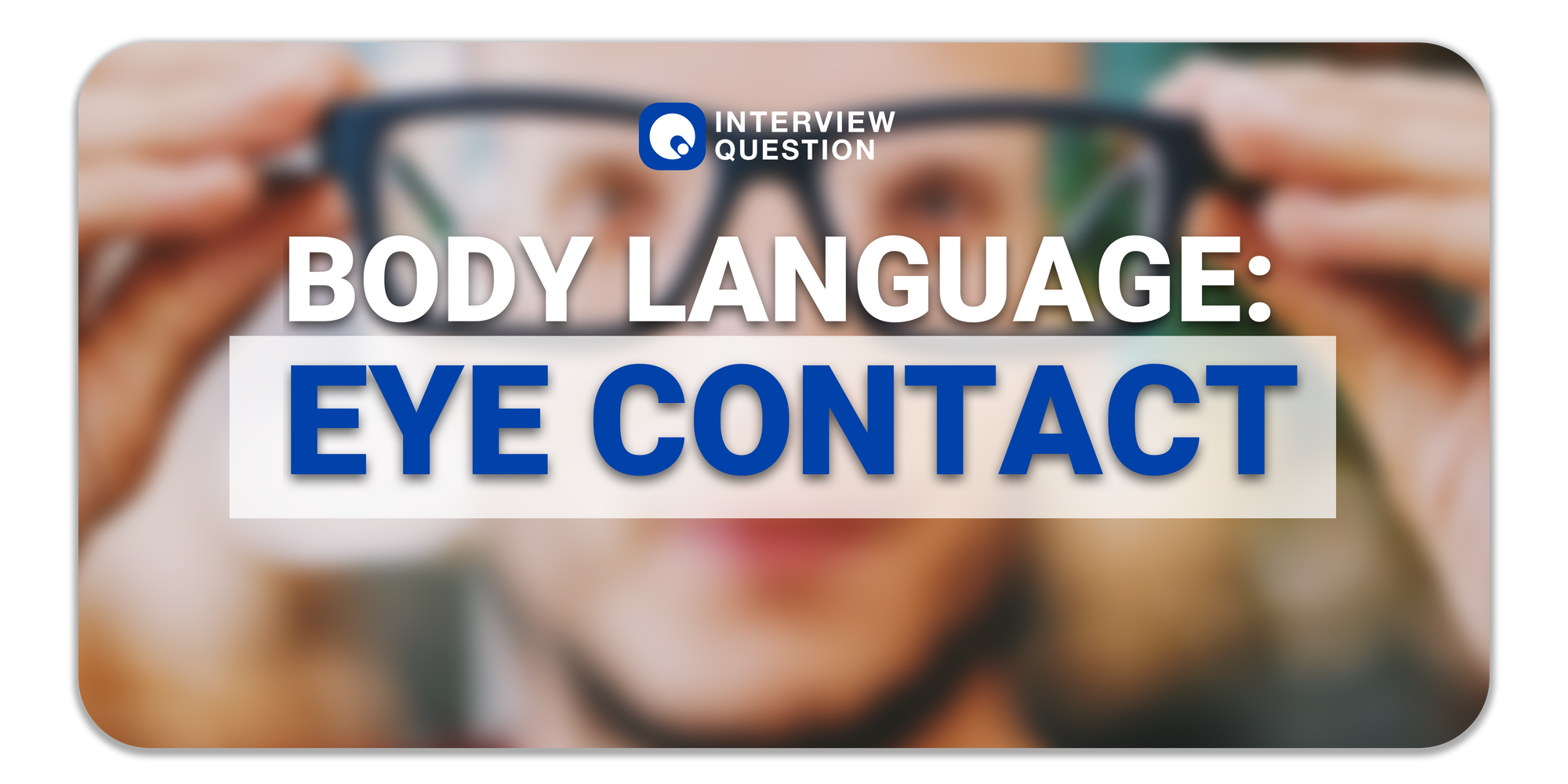Should I Eat Before an Interview?
• No to Full Meals • Snacking, Water and Coffee • Timing When You Eat • Benefits • Dairy, Spicy & Fatty Foods • Eating Comfort Foods • Breakfast in the Morning

Whether you want to gain weight for better health and weight control, reduce your risk of strokes, heart attacks, or cancer, or just need that extra energy boost before a job interview or important presentation; sometimes the most sensible option is to eat a meal beforehand. However, eating before an interview can sometimes backfire.
This article is part of a complete guide to interview preparation.

No to Full Meals
If you have just finished a large meal ahead of an interview, then your lower belly is likely to be occupying a larger space than before. This is because your stomach is full of food, and with absolutely no movement being possible, the digestive process slows down to a crawl. Thus you are likely to experience some discomfort and digestive problems if there is any length of time between the last meal and the interview. You could end up visiting the loo more regularly and fidgeting more during the interview. Disruptive, isn't it?
It is important to not eat right before going in for your interview because you do not want to have a full stomach as it can further make you feel nervous pangs and can also give you indigestion. You may be bloated and uncomfortable during the meeting.
Snacking, Drinking Water and Coffee
To determine whether you should eat, and how much you should eat before an interview, you should listen to your body. If you feel disturbed by your hunger, you may want to have a small snack such as a piece of fruit, some granola bars, or a small bagel. Portioning is the key idea here. Otherwise, drinking a small cup (150ml) of water from the water fountain or water cooler should be sufficient to put something in your stomach to weigh it down, giving you a feeling of fullness.
Caffeinated drinks like tea and coffee are also effective in reducing your hunger and making you feel fuller. However, if you have a sensitive stomach, frequent caffeinated drinks before an interview could aggravate your stomach and give you a queasy feeling. So it is best to avoid them if you are not used to having them. Caffeine in a cup of coffee can be beneficial because it can boost your energy levels and alertness for the interview beforehand, but too much of it would lower your energy levels after the interview - this is a tradeoff you will probably be okay with.
Any solid food or drink helps increase your blood sugar levels. Higher glucose in your bloodstream improves alertness (medically this may be called a higher GCS level), and give you more energy. This makes it a lot easier for you to stay focused during the interview process.
Other mistakes you could be making when it comes to interview preparation fall into the broad categories of "what you say" and "how you say" - details below.

Timing When You Eat
A key pre-interview preparation guideline is to never eat any less than an hour before the interview, and no more than two hours before. This gives time for digestion to get underway - allowing your body to produce the enzymes it requires for this purpose. Timing your calorie intake this way ensures that you will eat the right amount without feeling stuffed (overeating is a real problem - causes bloatedness and discomfort). This enables you to perform at your optimum level and have enough energy to make an impact on the interview.
Benefits of Eating In Moderation Before An Interview
- You will have more energy and be more confident to show your best self.
- Having food in your stomach removes the distraction of hunger
- Nervousness will not be amplified by hunger
- You will be able to say what you intended to say by controlling the stress caused by hunger
Dairy, Spicy & Fatty Foods
There are certain foods that are known to cause bloating, cramps, nausea, headaches, dizziness etc., and these include dairy products like milk, ice cream, cheese, butter, sour cream, yogurt, cottage cheese, and even hard cheeses. These items must be avoided completely before heading out for an interview. They all contain proteins that digest slowly, the digestive enzymes cannot break the food particles down as quickly; thus causing gas production and constipation.
Also avoid eating too many spicy dishes as they tend to upset the system. Spicy food is meant to be eaten only after meals when the digestive juices are already active. Strong flavours and spices can also create bad breath. It's better to stick with milder tastes like salad greens, raw veggies, chicken soup etc.
Fatty foods should be strictly avoided before an interview as they tend to slow down the digestive process and cause bloating. This is because your body will have to put extra work into breaking down the food, thus delaying stomach emptying and slowing your bowel movement. Consuming fatty foods can exacerbate existing intestinal disorders like Irritable Bowel Syndrome (IBS).
Eating Comfort Foods
Save that you love life and the rest of your body, do not eat comfort foods (i.e. the kind you eat when you're happy) before an interview. This is because comfort foods are high in sugar and fat. You do not want your brain chemicals & functions to peak just before an interview, only to drop just as you speak as this will make you seem clumsy and uninterested, unwashed and tired, and further make it difficult for you to sit still during a long, busy day of being interviewed about your work performance. Having a bite is not worth it.
There are other wonderful sources of food (see the section on snacking).
A Morning Breakfast
By all means, have a healthy breakfast before an interview. By eating by 8am you are in effect consuming around 300 calories, but by lunchtime, your energy levels should be boosted considerably. No matter when your interview is planned for, a hearty breakfast will ensure you have enough energy to deliver your best performance throughout the day.
Avoiding Reduced Performance
People who have not eaten before the interview may become ill, fall asleep, or display poorer body language and a lack of motivation. All of these signals are likely to be seen as signs of inattentiveness and discontent in the interviewer’s eyes. You are likely to perform under your peak if you are not physically fit enough to sustain your energy level after a long period of "fasting". Thus, you may show signs of fatigue and reduced ability to persuade the interviewer that you are the right person for the job.
It is hard to maintain eye contact and attention if you haven't eaten.

Why Applicants Don't Eat Prior to An Interview
Vomit, going to poop, and peeing are the most common reasons why people do not eat before an interview. The average man has around 15 grams of fiber a day while the average woman has around 20 grams of fiber a day. You don't want all that fiber content leaking during an interview. In fact, in some lines of work, you can go up to 6 hours without eating so you could say you are training for that! (haha!)
Craving Food After An Interview
Due to the anxiety and stress experienced ahead of an interview, your body might be actually craving for food after an interview. You just may not be able to realize this until you're done with it. This is why you may find yourself leaving the interview at 2pm and then getting a burger and fries just because you are trying to make up for all the bad feelings which caused you to gorge on extra calories that day. Compensating for those 'bad' feelings is part of how you manage stress and makes it more difficult to stick with your eating program or diet afterward.

